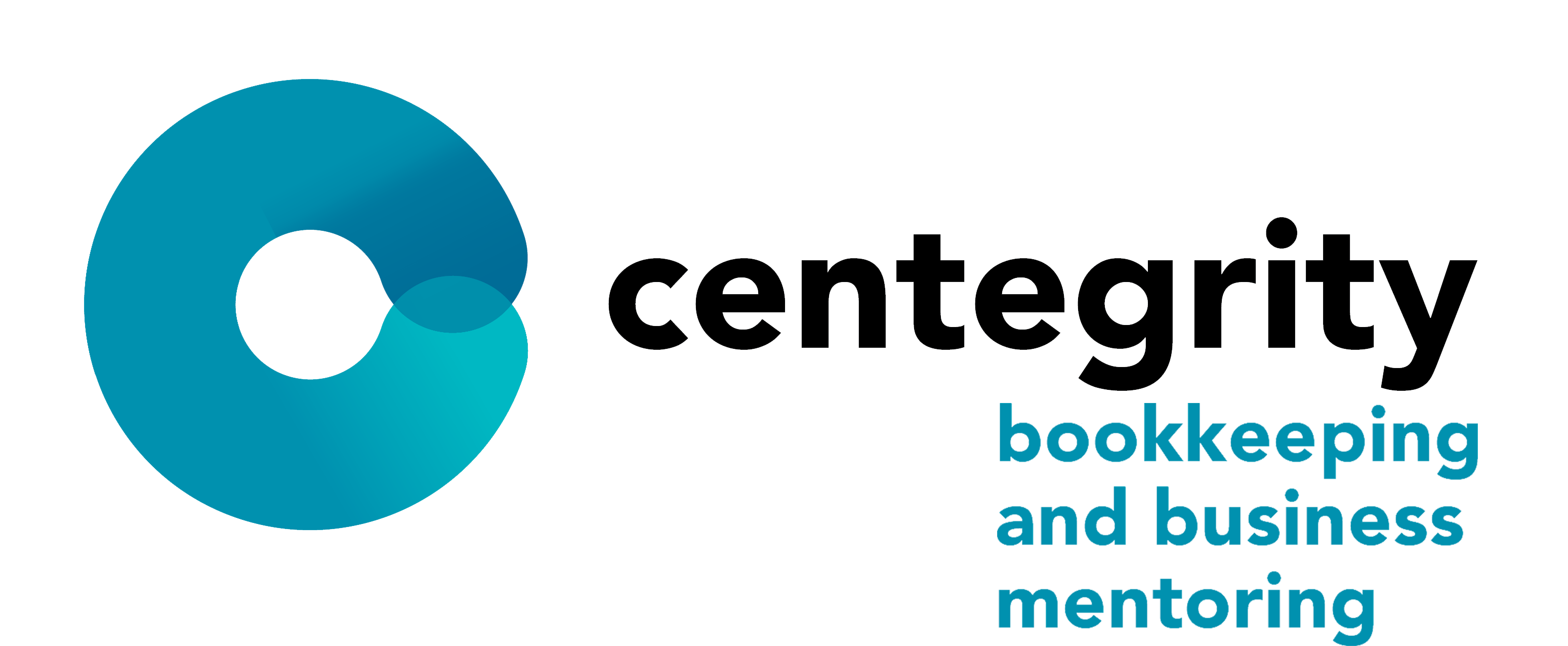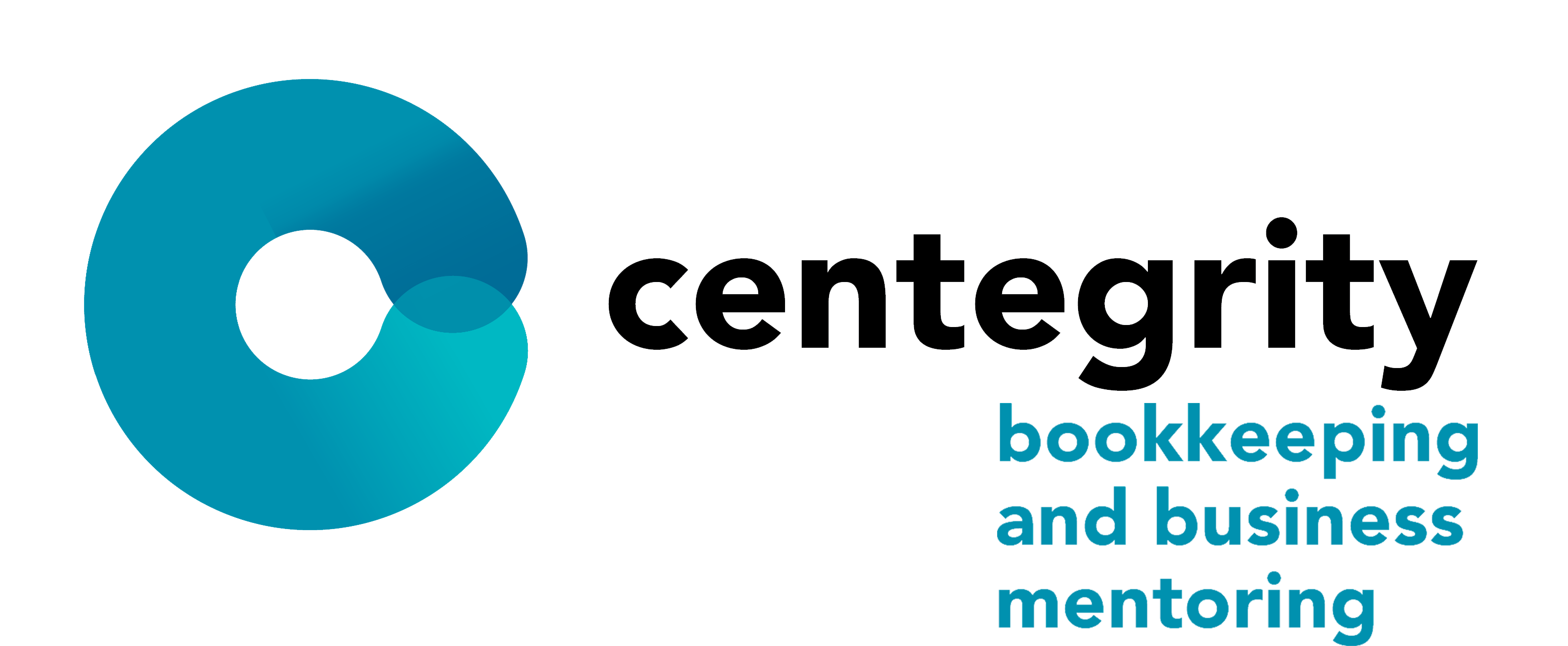As a small business owner you have a lot on your plate. From taking care of customers, to growing sales, to managing a team, there are many duties vying for your time.
Hiring a bookkeeper can help your business with day-to-day financial activities, such as recording sales and other business transactions.
But these are only the basic duties they can perform. They can also help to manage cash flow, keep up financial records, tax preparation, and more. A great bookkeeper can also take away a lot of stress when it comes to tax and business growth.
So when does it make sense to hire a bookkeeper for your business? In this article we will look at what a bookkeeper does, and how to hire a bookkeeper for your business.
Should I Hire a Bookkeeper?
A good bookkeeper can save you time, provide useful financial reports, share business insights, alert you to red flags, and help you manage your cash flow.
Without an experienced bookkeeper, it’s up to the small business owners to take care of the financial reports on their own. This is not only time consuming, it can sometimes be stressful and confusing.
The Main Tasks of a Bookkeeper
A professional bookkeeper is someone who records the financial transactions of your business.
The typical tasks an outside bookkeeper can perform are:
- Keeping track of sales, purchases, payments, business receipts and monthly financial statements.
- Organise, collate and record financial data on a day-to-day basis and store this information in general ledgers or a balance sheet.
- Record the financial information of your business in a standard way, so that a CPA can also access it for tax purposes.
In this guide we’ll look at what a bookkeeper can do for you, and when you might hire one for your business.
Why Do You Need a Bookkeeper?
If you started your own business, it’s likely that you’re passionate about running it and very focused on the tasks you’re skilled at.
But if you’re like most small business owners, you’re probably not excited or interested in recording all the details of every financial transaction.
Everyday, there’s a lot of financial information to track and record. Without proper bookkeeping, it is easy for financial records to go unrecorded, left to pile up until the end of a financial period. Mistakes could be made and important details could be lost or forgotten.
That’s where bookkeepers come in. They can lighten the load on the business. They can take away the day-to-day recording of receipts, invoices and other transactions.
What Do Bookkeepers Actually do?
A qualified bookkeeper is trained to use the same financial recording methods as accountants.
They do this so that your accountant can quickly and easily process your financial information.
Their tasks include:
- Manage your business receipts, invoices and other transaction details.
- Record the information in accounting software using proper accounting methods
- Work with you or your employee to make sense of the numbers, for example assigning costs, or managing cash flow
But there’s more to bookkeeping than recording daily transactions.
People who do this work are usually highly skilled at using accounting software such as Xero or MYOB.
An outsourced bookkeeper will be able to advise you on:
- Payroll services to simplify the way you pay your staff
- Add-on solutions to streamline your business workflow, such as POS tools
- Tidying up bookkeeping mistakes made by inexperienced staff
- Training for small business owners on using accounting software.
Hiring a bookkeeper can offer day-to-day support for small business owners. You might think of a good bookkeeper as your partner in keeping your business run smoothly.
How are Bookkeepers Different to Accountants?
Bookkeeping is a vital service for every business. But how is it different from accounting? The two services are very often confused with each other, while they are actually complementary:
Bookkeepers do the day-to-day work and bring your financial accounts up to a high standard of detail and accuracy. A bookkeeping service can also advise you on financial issues that might affect you in the near future, such as cash flow problems or late invoice payment.
Accountants (sometimes known as a CPA/CA) will review the accounts that have been created and provide any necessary adjustments. They will use the information in the accounts to file tax returns and other official financial reports. They also provide advice on structure based on business needs.
For your business to run smoothly, ideally you’ll need both people. You’d hire a bookkeeper to look after the day-to-day work. And you’d hire an accountant to handle official tax reporting and business advice.
A Detailed View of your Business
Bookkeepers and accountants work with the same financial information from your business. They can share that information using cloud-based accounting software.
Very often, a virtual bookkeeper can access your accounts from your software. That means they can access your financials securely online, from anywhere.
It’s often the case that your freelance bookkeeper will be the constant accounting contact for your business. They’ll be best placed to answer questions about where the money is coming from, and where it’s going.
When Should I Hire a Bookkeeper?
Ideally, if your business is growing, the sooner the better. Otherwise you can end up with several months’ worth of tax receipts and invoices to be processed and entered into your accounting software. Data entry takes time and may be difficult to do, especially if you avoid it for a while.
If you are a business owner who primarily focuses on your company growth and preparing financial reports takes most of your time, then hiring a bookkeeper is a great way to stay on top of your primary goal and finances.
Finding The Right Bookkeeper
Whoever you hire as a bookkeeper needs to be trusted with the everyday details of your business finances. For this reason, you should be very careful when you hire a bookkeeper.
The good news is that there are many bookkeeping businesses, so you’ll have plenty of choice. You could contact one directly, or you could ask if your business partners or clients have any recommendations.
Once you’ve narrowed down a short-list of bookkeepers, you can:
- Check their past work records and testimonials
- Check their online reviews
- Contact their referees and talk to them
If you have an accountant, you can ask them for a referral. It’s best if you can find someone who uses the same accounting software as your accountant for ease of transfer of data.Ideally the accounting software your bookkeeper uses should be cloud-based. Then all of you will be able to share access to the financial data for your business.
Often a bookkeeper will specialise in a particular industry, so it pays to ask them about their industry experience.
Trusting the financial details of your business with anyone is a big step. So it’s wise to do your research carefully before you hire a bookkeeper.
Get the Best Out of Your Business
Bookkeepers offer a vital business service. They save you time and stress by handling all the daily financial work for you and allow you to focus on the growth and operations side of your business.
A bookkeeper is a highly valuable investment for a small business and can provide more services than just financial recording and compliance.
Make sure that you get the best out of your business by hiring a bookkeeper to help you along your journey.
Are you looking for a Xero Bookkeeper in Melbourne? Centegrity not only offers a Xero Bookkeeping service as we are a registered BAS agent. We also offer Business Mentoring. No matter what bookkeeping solution you need we can help.
Don’t hesitate to contact us or fill in the form below.

